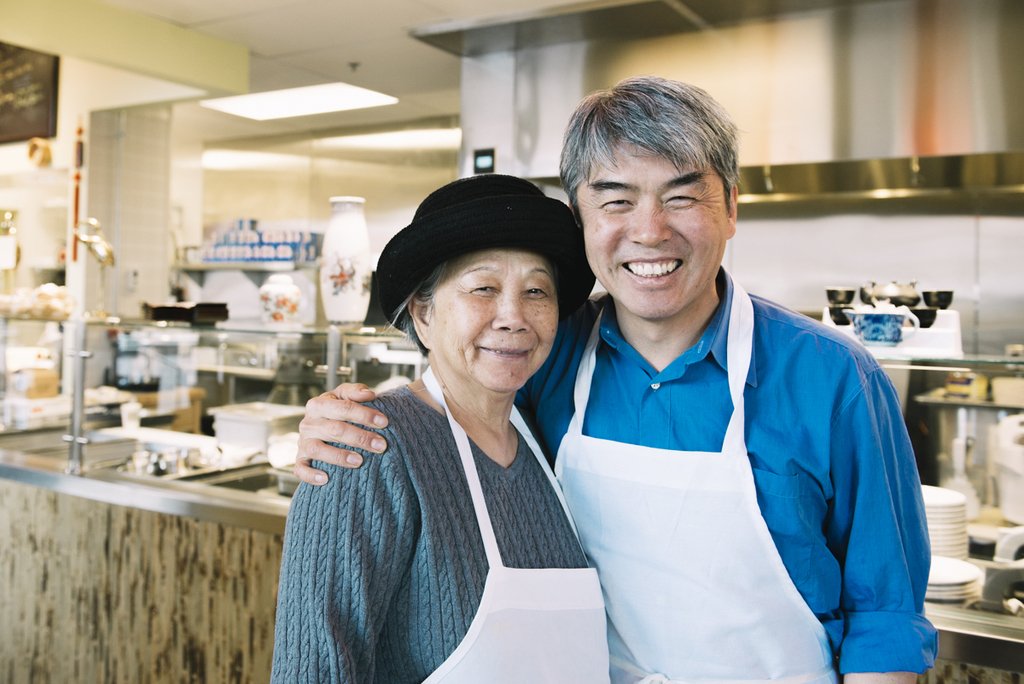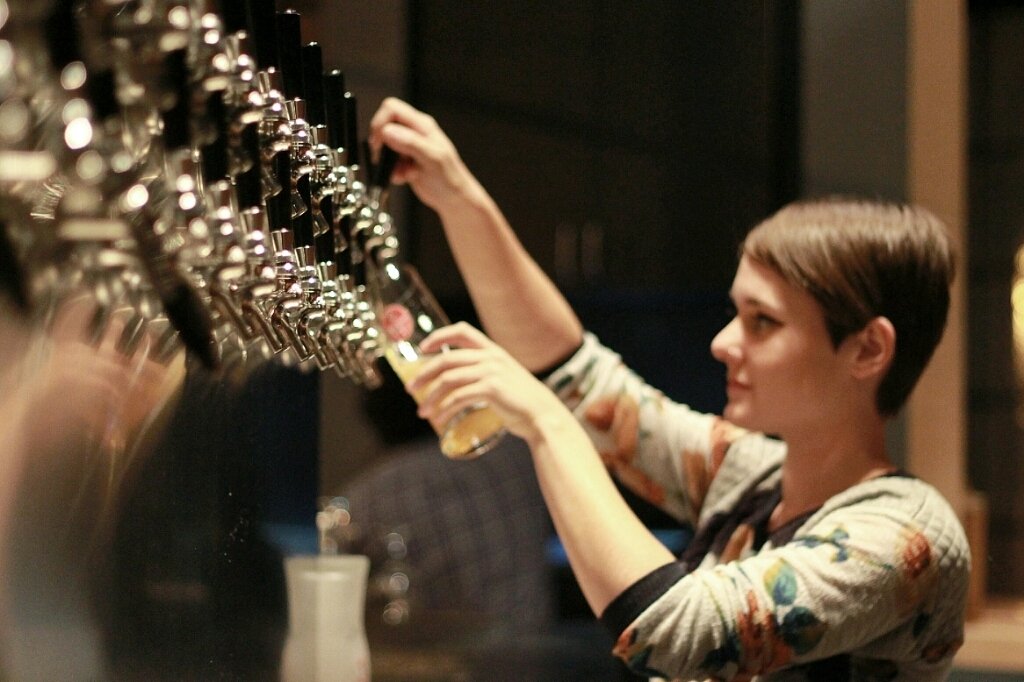Across the country, more and more restaurants are attempting to move away from conventional tipping culture. Some are adopting a surcharge such as California Bay Area restaurant, Chez Panisse, while others, like New York’s Per Se, are increasing its prices across the board. In 2013, New York Times Food Critic Pete Wells wrote an article questioning the necessity of tips. It sparked a debate in the food community here in town, which was captured in an article written by Eater Denver. In this piece, a group of owners, managers, chefs and food critics responded with incredibly mixed feelings. However the majority agreed that Denver doesn’t seem ready for such a change.
This, however, hasn’t stopped Edwin Zoe, owner of Zoe Ma Ma. Upon opening his second location at Denver’s Union Station, he decided to implement a 15 percent surcharge — that diners can chose to opt out of — in place of any expected tips. With this being a hot button issue, 303 Magazine decided to take an in-depth look at Zoe Ma Ma’s position. Read on to understand the possible benefits of a restaurant culture without tipping. Do you think it’ll change how you think about tipping?
Tipping and Sustainability

Zoe’s surcharge, which he calls a “Sustainability Initiative,” is meant to create a more stable culture for which he can operate his business. First with the consistent income of a system without tipping, Zoe is able to commit to organic ingredients, recyclable and renewable materials, and no MSG – a typically common ingredient in Chinese restaurants in America. But more importantly for Zoe, this system allows him to provide his staff with a sustainable wage.
“I’d been thinking a lot outside of the restaurant about social issues,” says Zoe, explaining that he was really interested in introducing a living wage and more pay equity among his staff.
Zoe argues that full-time food industry employees should be paid a living wage, which he determined through personal research to be $12 per hour in Denver. He argues that not only will it provide the server with more stability, but it will maintain pay equity among workers….
The Inequity of Tipping

Zoe is frustrated by his observation of what he considers pay inequity: “The kitchen staff will only make around $9 per hour and do a significant amount of work, and the server can make up to $30 or $40 per hour, ” he explained. While this perceived inequity is veritable, there is a Colorado law that can make it difficult for to share tips with kitchen staff or management. Zoe strives to solve this inequity by eliminating tips all together.
Also, according to Zoe, only around 2% of customers have decided to opt out of his surcharge, and most others have a positive reaction towards it. One study from the School of Hotel Administration at Cornell University found that the vast majority of tippers don’t even use their tipping ability to comment about their service, but rather tip the same amount every time regardless of quality of service. Not to mention, many servers work on a tip pooling system so the meager tip left for the server with the bad attitude will end up hurting all of the servers collectively instead.
Tipping & Service Quality

Similarly, some argue that employees don’t necessarily work harder for tips already. Rather, when a worker receives an unsatisfactory tip, the first thought might not be to reevaluate his or her service:
“When a waiter sees a bad tip, they’re more likely to think the diner was a cheap tipper than unhappy with a certain element of service,” explains Jeremy Kossler, founder of the Denver Burger Battle, in an interview with Eater Denver. The previously mentioned study also demonstrated that the correlation between a bigger tip and quality service is nearly non-existent.
Zoe Ma Ma is committed to doing away with the tipping culture for these reasons, but many restaurants in Denver are still wholeheartedly committed to tips. It is difficult to tell whether the industry is on the verge of a major change or whether this will blow over, but at least one restaurant believes that there’s a chance for this change.
“I think it’s important to remember we’re on the path to a goal; we’re trying to get to a better place,” says Zoe.
Other Systems: Relative Tip Pooling

Eliminating tips is not the only solution available to control pay inequity and income stability for restaurant staff. Another recently opened Denver restaurant, Wurstküche, has taken the system of tip pooling and altered it to be more equitable for all members of the staff. This system includes all employees except managers, and different positions make more tips based on their work.
“We do that by using a ratio, a multiplier that each job gets. So a bartender would make more of the tips pool, then, let’s say, a busboy. We do that by using a ratio, a multiplier that each job gets,” explains co-owner Joseph Pitruzzelli.
The tips get added to the paycheck every two weeks, instead of distributed immediately in cash. And while employees may miss the hard cash, manager Cliffton Seminerio says that this system provides the server with stability, saying in the service industry “it’s the closest thing to a steady paycheck you’d ever get.”
The managers set the tipping standards and then there is a committee of employees who verify that the distribution is carried out accurately. This system tries to make sure every hard working employee is being justly rewarded. Pitruzzelli explains that “everyone is a part of the experience; we though everyone should be included in [the tip].”
“We just found that it makes everybody work harder and everyone’s achieving the same goal,” says Pitruzzelli.





